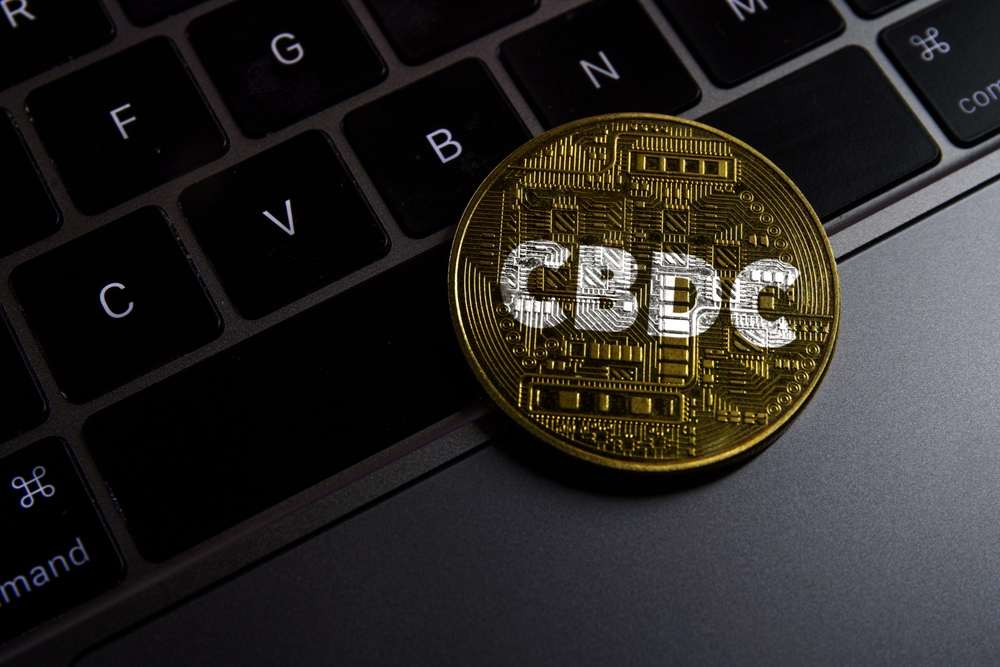Key Insights:
- House Financial Services Committee scrutinizes two anti-CBDC bills on Sep. 20.
- CBDCs ignite national debate, with presidential candidates voicing privacy concerns.
- Decisions on proposed bills could redefine the U.S. financial landscape.
Amid growing discussions on digital financial tools, the U.S. House Financial Services Committee is slated for a significant session on Sep. 20. This session will delve into two proposed bills designed to prevent the introduction of a central bank digital currency (CBDC) in the country. Chairman Patrick McHenry emphasized that this markup session, a meticulous review of bill details, precedes potential legislative discussions on the House floor.
Proposed Bills Under Review
At the forefront is the “Digital Dollar Pilot Prevention Act” (H.R. 3712). This legislation, introduced by Representative Alex Mooney, outlines an explicit restriction. It states that the Federal Reserve can only commence any CBDC pilot programs with prior authorization from Congress.
However, the Federal Reserve’s recent activities suggest a keen interest in digital currencies. Notably, the Federal Reserve of San Francisco has been actively recruiting for roles associated with CBDC projects, indicating that the topic remains an area of focus.
The second piece of legislation suggests modifications to the Federal Reserve Act. Its primary objective is to limit the Federal Reserve’s capability to provide CBDCs or akin digital assets to individuals directly or through intermediaries. The amendment specifies that Federal Reserve banks cannot indirectly offer a CBDC or similar assets to individuals via financial institutions or intermediaries.
National Conversations on Digital Currency
The potential of a digital dollar has resonated beyond legislative chambers, sparking conversations nationwide. Presidential candidates Robert F. Kennedy Jr. and Ron DeSantis have expressed concerns regarding a CBDC in the U.S., mainly focusing on potential implications for financial privacy.
Moreover, the dialogue on CBDCs exhibits contrasting views. While some see potential advantages, including enhancing the U.S. dollar’s global position and paving the way for more cryptocurrency adoption, others tread cautiously, wary of unforeseen consequences.
As the U.S. grapples with CBDCs, these two impending bills play a crucial role. The decisions made in the coming weeks might influence the nation’s financial landscape for the foreseeable future.
